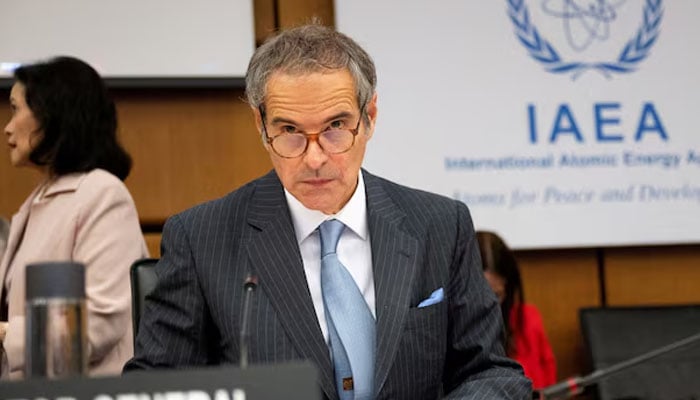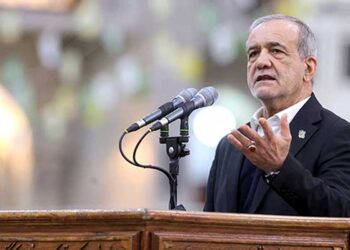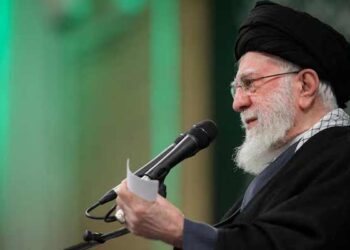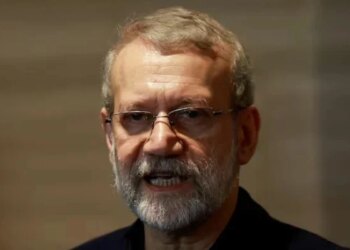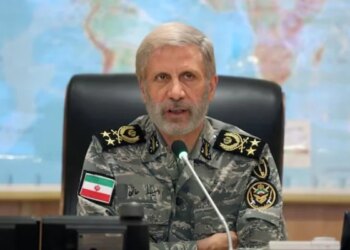Select Language:
- No inspections by the UN nuclear agency since the conflict started.
- Number of inspectors in Iran has been drastically reduced, according to diplomats.
- It’s unclear when inspectors will be able to return.
The UN’s nuclear oversight body announced on Friday that it has withdrawn its last inspectors from Iran as tensions regarding their possible return to the country escalates following U.S. and Israeli bombings of its nuclear facilities.
Israel began its military offensives against Iran’s nuclear sites as part of a recent 12-day conflict that erupted three weeks ago. Since then, inspectors from the International Atomic Energy Agency (IAEA) have been unable to access Iran’s facilities, despite IAEA chief Rafael Grossi stating that this is a top priority for him.
Recently, Iran’s parliament enacted a law to halt cooperation with the IAEA until it can be assured of the safety of its nuclear sites. Although the IAEA claims Iran has not formally communicated any suspension of operations, it remains uncertain when inspectors will be allowed back into the country.
“A team of IAEA inspectors has safely left Iran and returned to the Agency headquarters in Vienna after remaining in Tehran throughout the recent military conflict,” the agency stated on platform X.
According to diplomats, the number of IAEA inspectors in Iran had dwindled to just a few following the start of the conflict on June 13. Concerns have also been raised about the safety of inspectors now that the fighting has ceased, particularly in light of the harsh criticism directed at the agency by Iranian officials and media.
Iran has accused the IAEA of facilitating the military strikes by publishing a critical report on May 31, which led the agency’s 35-member Board of Governors to declare Iran in violation of its non-proliferation obligations.
IAEA chief Grossi has defended this report, rejecting accusations that it provided a pretext for military action against Iran.
IAEA Seeks Dialogue
Iran’s Foreign Minister Abbas Araqchi stated on Thursday that the nation is still committed to the Nuclear Non-Proliferation Treaty (NPT).
“(Grossi) emphasized the critical need for the IAEA to discuss arrangements with Iran for the prompt resumption of monitoring and verification activities,” the IAEA reported.
The U.S. and Israeli strikes have caused significant destruction to Iran’s three uranium enrichment facilities. However, the current status of much of Iran’s nine tons of enriched uranium remains unclear, particularly concerning over 400 kg enriched to a purity of up to 60%—a short distance from weapons-grade enrichment.
This quantity could potentially be enough for the production of nine nuclear weapons, according to IAEA standards. While Iran asserts that its nuclear ambitions are entirely peaceful, Western nations contend that there is no valid civilian purpose for enriching uranium to such a high level, and the IAEA states that no country has achieved this without pursuing a nuclear weapon program.
As a signatory to the NPT, Iran is obligated to account for its enriched uranium, which is generally monitored closely by the IAEA, the organization responsible for enforcing the treaty. However, the recent bombings have complicated matters significantly.
“We cannot afford to have the inspection process disrupted,” Grossi remarked during a press conference in Vienna last week.

